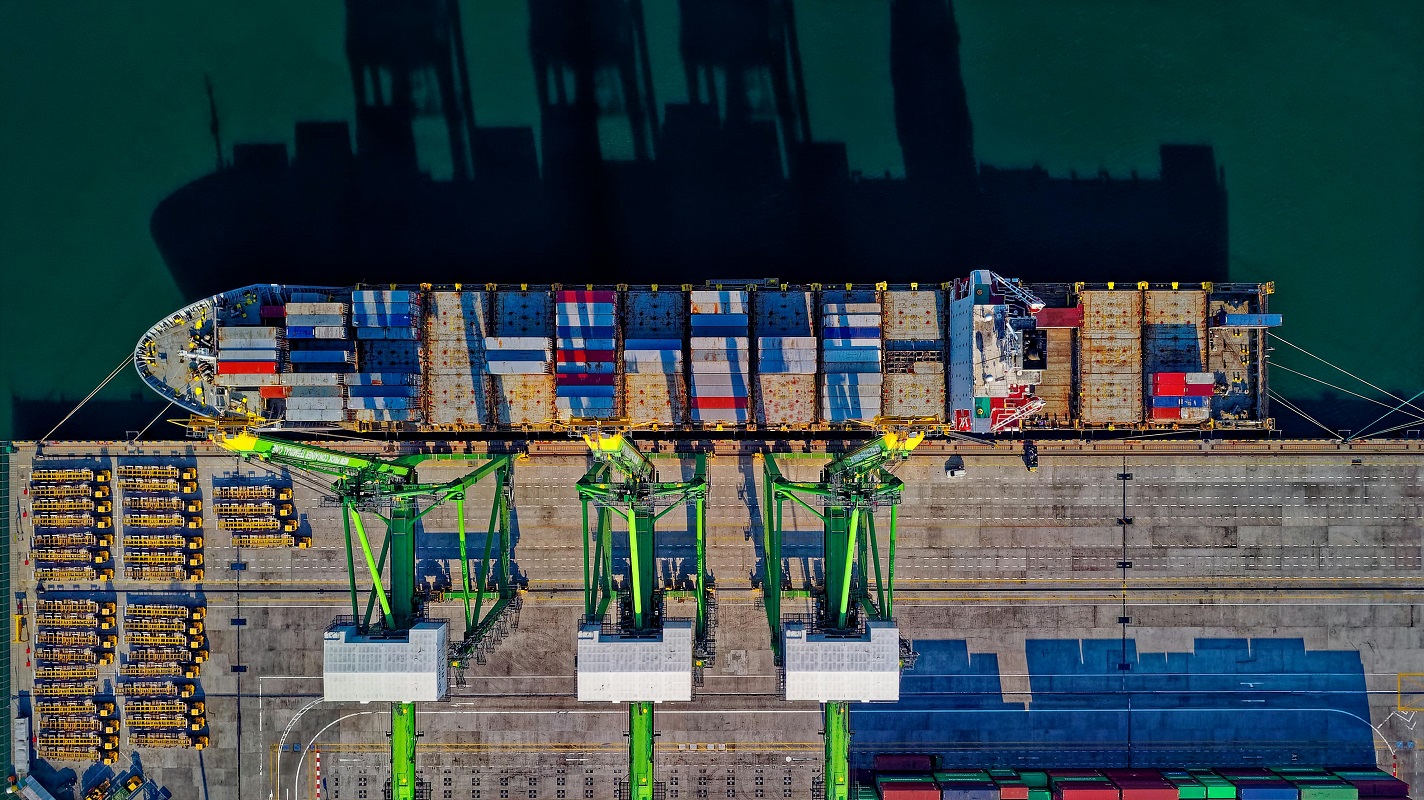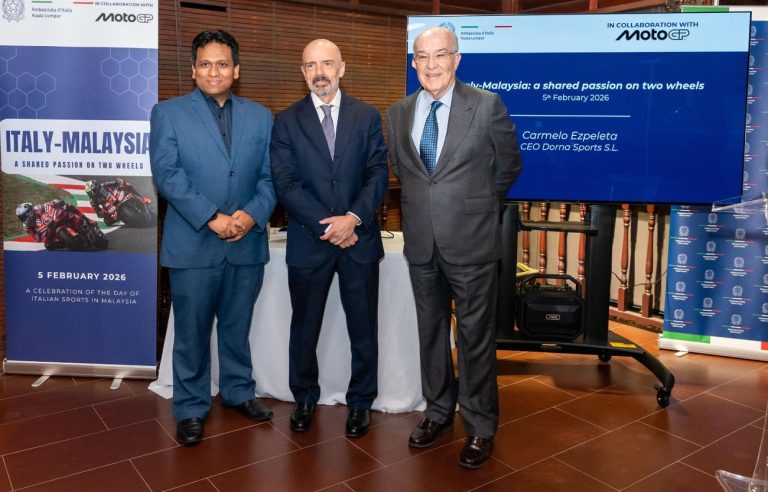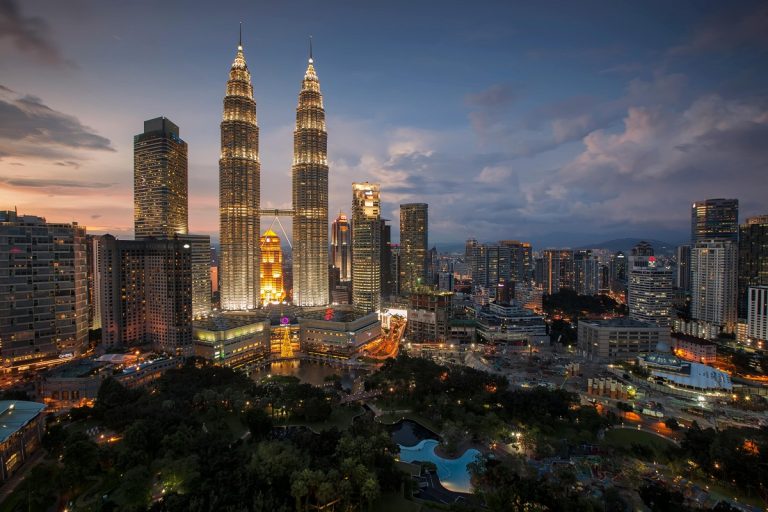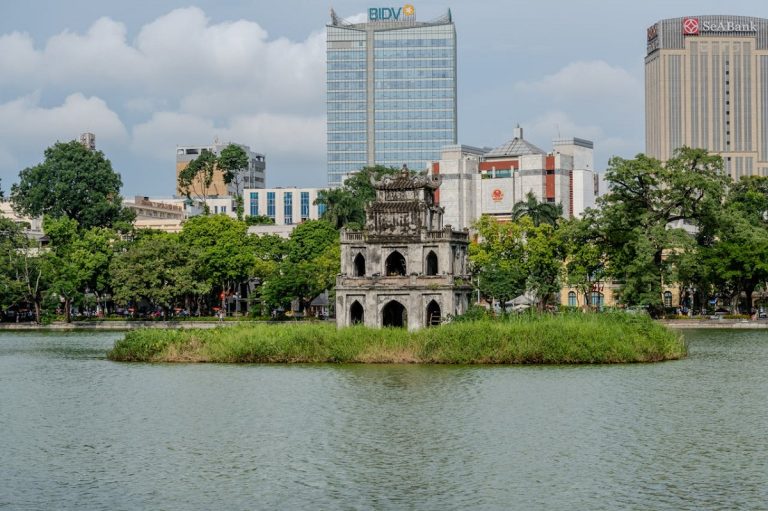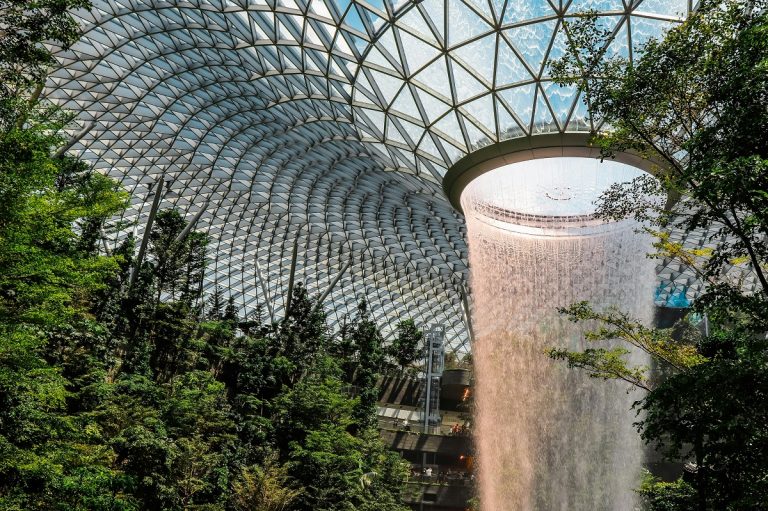The Ministry of Trade, Industry and Energy of South Korea (MOTIE) has announced a Naval Investment Plan of approximately 179 million dollars (260 billion won) for 2025, up 40% compared to the previous year. Most of the funds, approximately 170 billion won, will be allocated to research and development of eco-friendly ships. The rest will be invested in the digital transformation of shipyards and in projects related to “autonomous ships”, i.e. unmanned ships capable of navigating without human intervention and docking safely thanks to advanced sensors and satellite positioning systems.
Among the projects related to the decarbonization of the maritime sector, such as ammonia-powered ships, the one by HD Hyundai Mipo (HMD) stands out, commissioned by the Belgian shipping company EXMAR, for the construction of the first ship intended for ammonia refuelling.
Korean companies are also committed to the development of electric propulsion systems, as shown by the memorandum signed by HMD and HD Korea Shipbuilding & Offshore Engineering (KSOE) with the European registrar and classification society DNV, to develop digital twins and standardized procedures for testing these systems on tugs, ferries and workboats.
Last November, Samsung Heavy Industries (SHI) received the basic design certification for a liquefied natural gas carrier (LNG carrier), equipped with a wind-assisted propulsion system called “Wing Sail.” This innovation aims to improve operational visibility by placing the wheelhouse at the bow of the ship, in compliance with the safety requirements set by the International Convention for the Safety of Life at Sea (SOLAS). SHI has also developed an air resistance reduction device, the “Saver Wind,” which improves fuel efficiency and reduces carbon emissions.
Korean authorities are also prioritizing AI-integrated shipbuilding systems, with the Ministry of Science (MSIT) allocating a total budget of nearly 30 trillion won (about $20.7 billion) for AI through 2025. Key projects include assisted management of robotics for welding ships and virtual platforms for designing new ship models.
In this context, HD Hyundai and the US Palantir Technologies have signed an agreement for the development of unmanned surface vessels (USV), under the “Tenebris” project. The goal is to build a USV for maritime surveillance by 2026, with subsequent plans to expand for producing combat USVs.
The Korean government’s increased investment plan in the shipbuilding sector is part of a strategy of external industrial projection, with specific focus on strengthening cooperation with the United States. In recent months, there has been a significant increase in Korean investment in US shipyards, particularly focused on the defence and commercial shipbuilding sectors.

